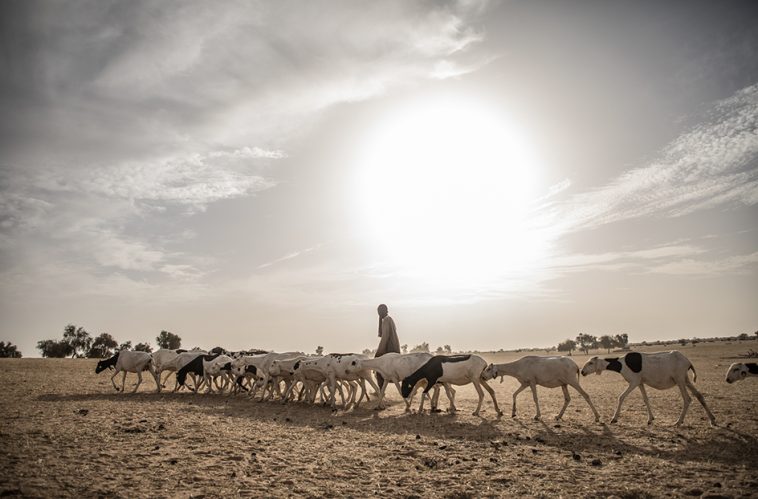Man-made climate change is far from being the sole source of instability in developing economies. But it worsens social conditions everywhere and derails their solution.
That is why young activists are on the streets demanding serious action: a new green deal and the funding to go with it.
Protesters are also joining up the dots, calling for wider change in the multilateral system that stretches from restructuring the UN Security Council to reforming the UN’s specialised agencies, as well as the IMF and the World Bank.
Calls for new financing channels to compensate those countries hardest hit by global warming are also in the frame.
This makes the lack of urgency all the more puzzling in the run-up to COP27.
Preparatory talks at the UN General Assembly attracted only a small number of top decision-makers. The prospects of a ground-breaking deal in Egypt are far from stellar.
It is the interconnectedness of the threats alongside climate change – deepening inequality, the food, and energy crisis or the risks of another pandemic – that is driving more radical calls for change.
Leading the charge at the General Assembly was Mia Mottley, prime minister of Barbados, who called for a “new internationalism”.
Financing climate projects
Mottley’s plans included the IMF issuing another $650bn of its special drawing rights (SDRs) reserve currency to help finance clean-energy projects in developing economies.
But a year after the IMF issued the $650 bn of SDRs to help alleviate the pandemic’s disruptions, there is no agreement on how the reserves could be reallocated. That’s because the richest countries in the G20, which were credited with over 60% of the reserves because of their bigger shareholdings in the IMF, cannot reach consensus.
She also called for the reallocation to developing economies of at least $100bn of the SDRs issued by the IMF last year, as well as special channels of concessional finance for projects strengthening resilience to climate change. The IMF could create its own “special environmental drawing rights” facility.
Such proposals are becoming mainstream. In September, Denmark became the first country to offer “loss and damage” compensation to states hardest hit by climate change. UN Secretary-General António Guterres has been pushing countries to impose windfall taxes on oil and gas companies making mega profits amid the turmoil of the energy crisis.
To IMF managing director Kristalina Georgieva, the calls for rich economies to help developing ones pay for shocks such as climate-caused loss and damage are “very fair”. But the bigger question is how to create the funding capacity.
Such questions for Mottley, along with many African, Asian and Latin American leaders, track back to demands for wholesale reform of the international system. Already proposals for a UN tax body, a UN debt workout mechanism and a global financial transaction tax are mooted for the agenda at the UN’s Conference on Financing for Development next year.
What seems clear is that if the Egypt climate summit fails to move forward on climate finance – both to back new projects and compensate for historic damage – then the calls for systemic change will grow ever louder.

